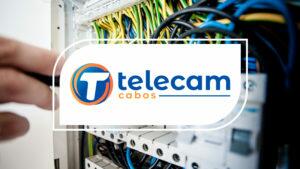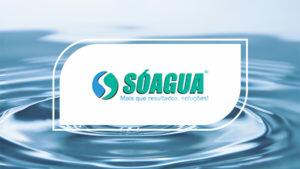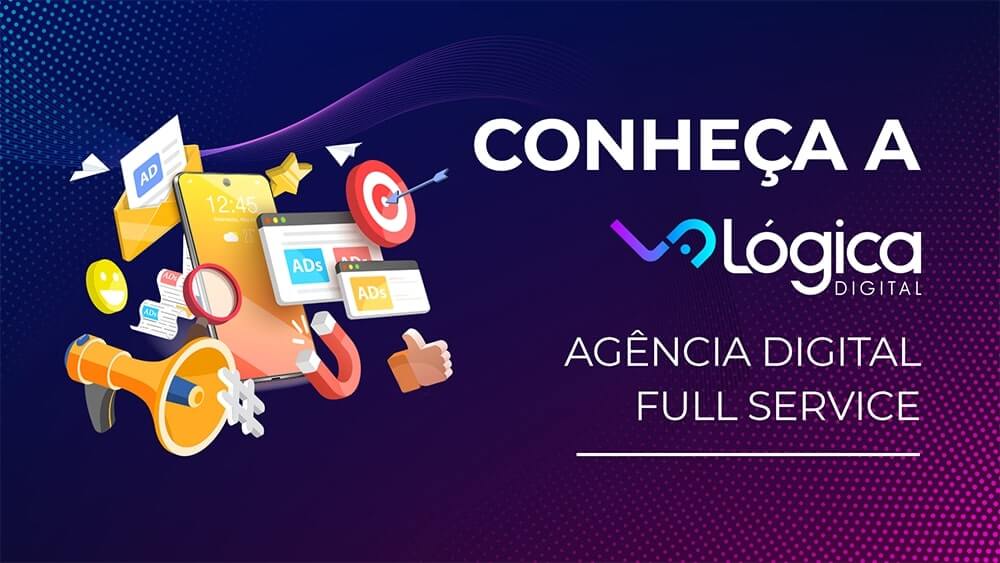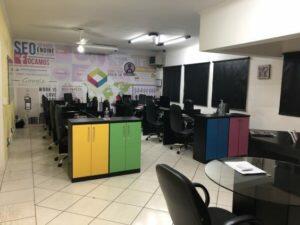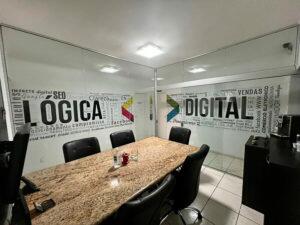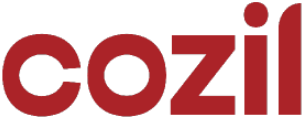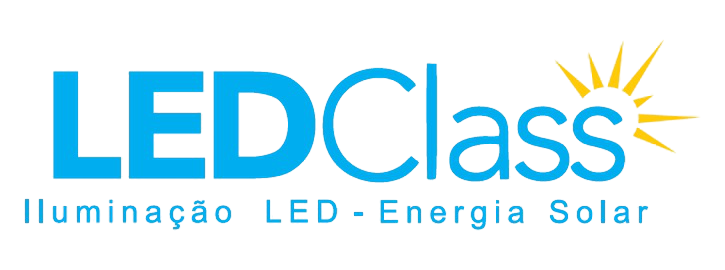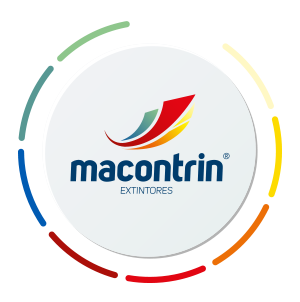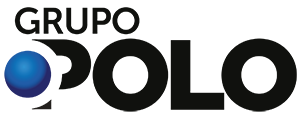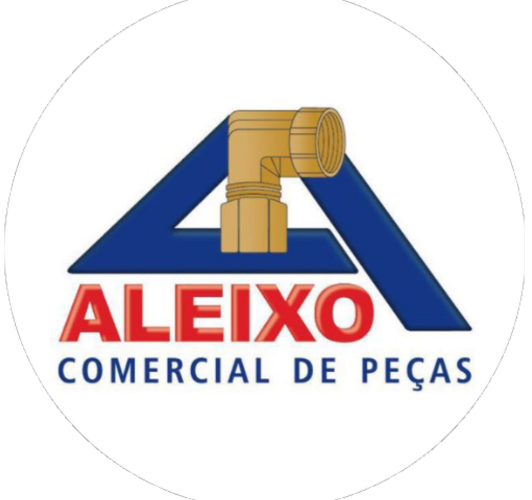






Breathtaking projects
A new
solution for
your business!
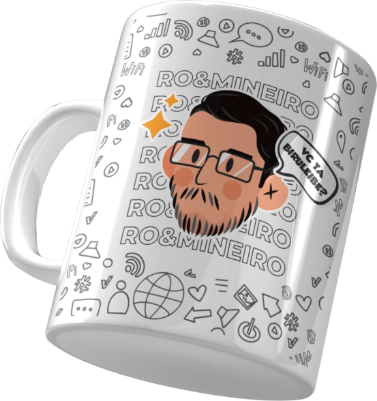
A little more about Lógica
About Us
Lógica Digital is a Digital Marketing Agency that combines innovation in digital solutions for its clients with its experience in the digital market since 2002, resulting in the perfect combination for great partnerships and results!
Certified as a Google Partner Digital Agency and with Inbound Marketing RD Station certification, we seek constant updates in the increasingly connected world and use the newest tools and technologies available on the market.
We are a company specialized in website development, e-commerce, electronic catalogs, creation of digital strategies to increase brand visibility in the market, working with social networks, search engines, channels such as YouTube, LinkedIn, Facebook and Instagram.
+1403
Projects Delivered
+1966
Customers Served
+20
Years in the Company
+200
Lunches with the Team
How are you
sales of your company?
Is it prepared for
new market challenges?
What do you think about using digital marketing to increase your revenue?
Our team is prepared to put you on the path to growing sales. Having a digital presence in the market today is synonymous with results.
Click the button below and request a chat with our team so we can help you and your company sell more!
Questions? Find your answer here
Lógica Digital sees digital Marketing as a set of marketing strategies and actions that are carried out through digital channels, such as the internet and mobile devices. This approach aims to promote products, services or brands, connect with target audiences, increase brand awareness, generate leads and ultimately drive sales and business growth.
We can help companies improve their visibility using digital marketing in various ways using aspects such as:
-
Greater Reach: Companies can reach a global audience without geographic borders, expanding their customer base and potentially increasing their sales.
-
Ideal audience segmentation: Digital marketing allows companies to segment and target their target audience based on specific criteria such as age, location, interests, purchasing behaviors, among others. This increases the effectiveness of campaigns by reaching the right people with the right message.
-
Lower Paid Media Costs: Compared to traditional marketing channels, digital marketing can be more affordable, especially for small and medium-sized businesses. There are several online advertising options with adjustable investments for different budgets.
-
Measurement and analysis of frequent results: With the analysis tools available in digital marketing, it is possible to measure the performance of campaigns in real time. This allows you to adjust strategies and make decisions based on concrete data, optimizing results, such as using the Google tool, Looker Studio.
-
Greater interaction and adherence with the public: Social networks, blogs and other digital channels enable greater interaction with customers. This direct communication helps build strong relationships with your audience and improve your brand reputation.
-
Personalization for each company: Based on the data collected, we personalize messages and offers, making them more relevant to each potential customer, increasing the chances of conversion/sales.
-
Strengthening the brand in relation to its target market: Digital marketing offers the opportunity to build and strengthen the brand’s presence online, creating a consistent and recognizable identity for the public.
-
Increased funds in a scalable way: Once digital marketing strategies are successful, they can be replicated and scaled to reach a larger audience, without proportionally increasing costs.
In short, digital marketing can help businesses grow by providing a powerful platform to attract new customers, increase sales, build lasting relationships with audiences and strengthen a brand’s presence in an increasingly digital world.
One of the main questions we are asked on a daily basis is exactly what are the best strategies to use. Your choice will depend on the type of business, the target audience and the specific objectives of each company. Here we have selected some of the main digital marketing strategies that we can implement for your company.
-
Content Marketing for attraction: Consists of creating and distributing relevant, useful and interesting content for the target audience. This includes blogs, articles, videos, infographics, e-books, among other formats, with the aim of attracting and engaging potential customers.
-
SEO (Search Engine Optimization): Occurs when we optimize the website and content to improve positioning in the organic search results of search engines, such as Google. With good SEO, the company increases its visibility and attracts more qualified traffic.
-
Marketing Management for Social Networks: Consists of using platforms such as Facebook, Instagram, Tiktok, LinkedIn and others to interact with the public, share content, promote products/services and strengthen the brand’s presence.
-
Email Marketing: Strategically sending emails to a segmented contact list is an effective way of keeping the public informed about news, promotions, relevant content, among others, maintaining a close relationship with customers.
-
Influencer Marketing: Involves partnerships with digital influencers who have a large audience and relevance to the company’s target audience. These influencers can help promote products/services authentically.
-
Google Ads Management: The use of paid ads on platforms such as Google Ads (formerly Google AdWords) and Facebook Ads allows the company to reach a wider audience in a quick and measurable way.
-
Affiliate Marketing: In this strategy, the company works with affiliates who promote their products/services in exchange for commissions on sales made through their affiliate links.
-
Implementation of Automation tools: Use of tools and systems to automate marketing processes, such as sending emails, nurturing leads and audience segmentation, such as RD Station, for example.
-
Webinars, Lives and Online Events: Holding webinars, lectures or live online events to educate, engage and convert potential customers.
-
Remarketing: Technique that allows you to display personalized ads to people who have already visited your company’s website, encouraging them to return and complete an action (for example, a purchase).
These are just some of the digital marketing strategies we can implement for your company. It is important to adapt and combine these strategies according to the specific needs and objectives of each business. Continuous monitoring of results and the flexibility to adjust strategies are fundamental to achieving success in digital marketing.
Here at Lógica Digital we analyze a series of metrics and indicators that provide insights into performance and results achieved. Below we have separated some steps to evaluate the effectiveness of a digital marketing campaign:
Always define clear objectives: Before starting a campaign, it is essential to establish specific and measurable goals. These goals may include increasing website traffic, generating leads, increasing sales, improving brand awareness, among others.
Always monitor relevant metrics: Identify key metrics that are aligned with defined objectives. For example, for website traffic, you can track the number of visitors, average length of stay, most visited pages, among others. To generate leads, you can track the number of forms filled out or calls received, or even the volume of calls on whats app.
Always use analytics tools: Using Google Analytics and other analytics tools are essential for tracking campaign performance. They provide detailed data on website traffic, user behavior, traffic source, conversions, among others.
Always compare with previous results: If possible, compare the results of the current campaign with previous campaigns or similar periods of the year. This will help identify if there have been improvements or if the campaign needs adjustments.
Monitor ROI (Return on Investment): Calculate the campaign’s return on investment, that is, the relationship between the amount invested in the campaign and the financial return obtained. This will allow you to assess whether campaign spending is effective in relation to the results achieved.
Evaluate the quality of leads: If the campaign aims to generate leads, it is important to evaluate the quality of these leads. In other words, how many of them became effective customers and generated revenue for your company.
Analyze audience engagement: On social media or other platforms, observe audience engagement with the campaign content. Comments or shares can indicate audience receptivity and the impact of the campaign.
Always make adjustments and optimizations: Based on the analysis carried out, make adjustments to the campaign as necessary. Continuous optimization is key to maximizing results.
Remember that the effectiveness of a digital marketing campaign is not just measured by a single indicator, but by a combination of different metrics that align with established objectives. Each campaign is unique, and careful data analysis will allow you to make informed decisions to improve performance and achieve desired success. Each company must be analyzed before any decision is made so that its results are effective.
Currently, there are several platforms and tools available to manage the actions developed in digital marketing strategies, each with its specific functionalities. The choice of tools depends on the company’s needs and the campaign’s objectives. Here we use some of the main platforms and tools known on the market that allow us to have traceability and compliance on a daily basis, such as:
-
Google Analytics: This is one of the most popular tools for analyzing website traffic, user behavior and conversions. It provides valuable insights into website and campaign performance.
-
Google Ads Dashboard (formerly Google AdWords): Google’s advertising platform, where you can create text, display, video and shopping ads. It allows you to segment your audience, set budgets and track detailed metrics.
-
Facebook Business Manager: Platform for managing Facebook pages and ad accounts. It is used to create and monitor ad campaigns on Facebook and Instagram.
-
Instagram for Business: Specific tool for companies that want to use Instagram as part of their digital marketing strategy. Provides additional features for analysis and promotion.
-
LinkedIn Ads: Paid advertising platform on LinkedIn, aimed at B2B targeting. It allows you to create ads to promote content, generate leads, and increase brand awareness.
-
Tiktok for Business: Ad management tool within the Tiktok platform that allows you to create and send campaigns with segmented profiles, in addition to providing performance analysis.
-
SEMrush: A complete digital marketing tool that offers SEO analysis, keyword research, competitor analysis, social media monitoring, among other features.
-
Looker Studio by Google: Uses the power of your data to make it easy to create interactive dashboards and compelling reports from a wide variety of sources to make smarter business decisions.
-
RD Station Marketing: Marketing automation platform aimed at Brazilian companies, which ranges from lead generation to results analysis.
-
RD Station CRM: Lead management tool, which provides information from registered companies and generates a sales funnel and precious data in driving the transformation of companies into customers.
These are just some of the many tools available to manage digital marketing. It is important to research and test different platforms to find the ones that best meet your company’s specific needs. Some companies also choose to combine multiple tools for a more complete set of features and analytics.
Future trends in digital marketing are always evolving, driven by advancing technology, changes in consumer behavior and new opportunities for online interaction. We have selected some trends that will probably continue to shape digital marketing in the coming years, such as:
-
Interactive content: Increased use of interactive content, such as quizzes, surveys, 360º videos, augmented reality and immersive experiences. This engaging approach helps increase audience engagement and build more meaningful customer relationships.
-
Artificial Intelligence (AI) and Machine Learning: The increasing use of AI and machine learning will enable advanced personalization of user experiences, more accurate product recommendations, smarter chatbots for customer service, and improved campaign automation Of marketing.
-
Voice Search and Virtual Assistants: The increased use of voice devices, such as virtual assistants (e.g. Siri, Alexa, Google Assistant), is impacting the way people search for information and interact with brands. Marketing will need to adapt to optimize content and strategies for voice searches.
-
Video Marketing: Video will continue to dominate digital marketing. Short videos, live broadcasts and interactive formats will be increasingly important for capturing audience attention and delivering messages in an engaging way.
-
Omnichannel Experiences: The increasing focus on providing a consistent and integrated experience across all channels, including physical stores, social networks, website and mobile applications. The goal is to create a fluid and seamless customer journey.
-
Evolving Influencer Marketing: Influencer marketing will continue to grow, but with a greater focus on the authenticity and relevance of influencers. Partnering with micro-influencers and brand advocates will be more valued.
-
Data Privacy and Security: With increasing consumer concerns about data privacy and security, companies will need to be more transparent about their information collection and use practices, as well as adhere to regulations such as GDPL (General Data Protection Law)
-
E-commerce and Virtual Reality: E-commerce will continue to grow, and the adoption of virtual reality technologies to improve the online shopping experience will also gain prominence.
-
Cause and Sustainability Marketing: Consumers are increasingly valuing brands that embrace social causes and are environmentally responsible. Genuine cause marketing and sustainability will be competitive differentiators.
-
Automation and Conversational Marketing: The use of chatbots is already a reality and other forms of conversational marketing to offer quick and personalized responses to customers will be a growing trend, improving the customer experience.
These are just a few trends that will shape digital marketing in the future. As technology and consumer behavior continue to evolve, new opportunities and approaches will emerge, requiring businesses to adapt to stay relevant and effective in the ever-changing digital world.
Lógica Digital is a full service digital agency focused on results and that is why we work with services and solutions to optimize the presence and performance of its clients on the internet, aiming to achieve specific and measurable objectives. We use digital marketing strategies, data analysis and online technologies to achieve goals and drive client business growth.
With this, we created several pillars of actions that, together, will generate what our customers need.
-
Analysis and planning of the client’s scenario: We begin activities by analyzing the client’s current scenario, their objectives and commercial goals. Based on this information, strategic planning is carried out, defining the most appropriate actions, channels and digital tools to achieve the desired results.
-
Complete digital marketing actions: We develop personalized digital marketing strategies for each client, using a variety of techniques and tactics, such as SEO (Search Engine Optimization), sponsored link campaigns (Google Ads), content marketing, social media, and -mail marketing, among others.
-
We create relevant content: Producing relevant and quality content is an important part of the agency’s work. This may include creating articles, blog posts, graphics, videos, and other resources to attract and engage your target audience.
-
Conversion optimization: We focus on online results where we seek to improve the customer’s conversion rate, optimizing the design and usability of the website, landing pages and other important areas to transform visitors into leads or customers.
-
Monitoring and analysis: It is essential to constantly monitor the performance of the actions and campaigns carried out. We use data analysis tools to measure results, identify areas for improvement and make necessary adjustments to maximize results.
-
Reports and transparency: We provide periodic reports to clients, presenting the results achieved and the performance of the implemented strategies. This transparency is important so that customers can track progress and make informed decisions.
-
Continuous monitoring: We are always looking for ways to optimize and improve results over time, based on changes in the market and customer needs.
In short, a digital agency focused on online results acts as a strategic partner for its clients, using the digital environment as a means to achieve specific commercial goals and objectives.
When creating or developing a website project for a company, we always consider several factors to ensure that the final result meets the client’s needs and offers an excellent experience for users. Applying techniques such as 5W2H, Aida, COISA (Advice, Guidance, Information, Suggestions, Approaches), are our routine. Our team is always attentive to various requirements and among them we can mention the most relevant
Defined objectives and target audience
Clearly understanding the website’s goals and target audience is essential for shaping the design, content and functionality according to customer expectations and user needs.
Have a Responsive Design
In the current market, ensuring that the website is responsive, that is, that it adapts to different screen sizes and devices, including smartphones, tablets and desktops, is a fundamental factor. It becomes crucial to offer a consistent experience across all platforms, after all, the multi-screen universe is here.
Information Architecture
Plan the website structure in a logical, organized and intuitive way. This includes page layout, navigation menus, and content hierarchy.
User Experience (UX)
Create a pleasant user experience with easy navigation, fast loading times, and visual elements that make content easy to understand.
Attractive and modern design
Develop a design that reflects the brand’s identity, with coherent colors, typography and visual elements. The design must be attractive and communicate the company’s message effectively.
Useful and Quality Content
Produce relevant, useful and high-quality content. This includes texts, images, videos and other elements that contribute to user understanding and engagement.
SEO (Search Engine Optimization)
Integrate good SEO practices from the beginning, such as keyword optimization, appropriate HTML tags, friendly URLs and header structure, always thinking about how different information for the user will make their experience with the company different from that of its competitors.
Integration with Social Networks
Incorporate buttons and links to the company’s social networks, allowing users to easily share and interact with content and show that the company participates in various places on the internet.
Data security
Implement security measures, such as an SSL certificate for data encryption, protection against attacks and vulnerabilities, ensuring the reliability of the website.
Website performance
Optimize website performance to ensure fast loading times. This includes image optimization, resource compression and appropriate choice of hosting, as we work with our own data center and our clients come out ahead as a result.
Browser Compatibility
We test the site on different popular browsers to ensure it works correctly on all of them.
Failure reduction tests
We also carry out thorough tests at all stages of development to identify and correct possible errors, usability problems or incompatibilities, error screens, or even content display failures.
Analytics
We incorporate website view analytics tools, such as Google Analytics, to monitor traffic, user behavior and key website metrics.
Frequent Updates and Maintenance
We apply frequent system and version update and maintenance procedures efficiently and accurately to prevent the site from going offline, or simply not being viewed properly by users.
By taking these items into consideration, we are able to create a website that meets customer expectations, offers a great experience for users and is effective in promoting the company’s brand and online objectives, generating ongoing visibility and generating business every time.
Get in touch with us


